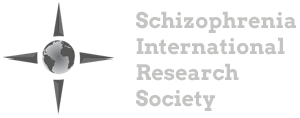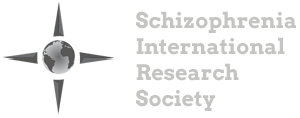-
Views
-
Cite
Cite
Shirley M. Glynn, Amy N. Cohen, Lisa B. Dixon, Noosha Niv, The Potential Impact of the Recovery Movement on Family Interventions for Schizophrenia: Opportunities and Obstacles, Schizophrenia Bulletin, Volume 32, Issue 3, July 2006, Pages 451–463, https://doi.org/10.1093/schbul/sbj066
Close - Share Icon Share
Abstract
Many types of family interventions have been found to be effective in reducing exacerbations in schizophrenia; some also improve consumer social functioning and reduce family burden. Regardless of their origins, these interventions share a number of common features, such as showing empathy for all participants, providing knowledge about the illness, assuming a nonpathologizing stance, and teaching communication and problem-solving skills. Importantly, these family interventions have many characteristics that are consistent with the growing recovery movement in mental health in that they are community-based, emphasize achieving personally relevant goals, work on instilling hope, and focus on improving natural supports. Nevertheless, these interventions are generally reflective of older models of serious and persisting psychiatric illnesses that are grounded in a “patient being treated for a chronic illness” rather than a “consumer assuming as much responsibility as possible for his/her recovery” stance. These interventions could be made more consistent with recovery principles by (1) expanding the definition of family to include marital, parenting, and sibling relationships, (2) identifying better ways to match consumers with treatments, (3) broadening the research focus to include systems change that promotes making family members a part of the treatment team (with the consumer's consent), and (4) overcoming implementation obstacles that preclude access to effective family interventions for most consumers and their relatives.






